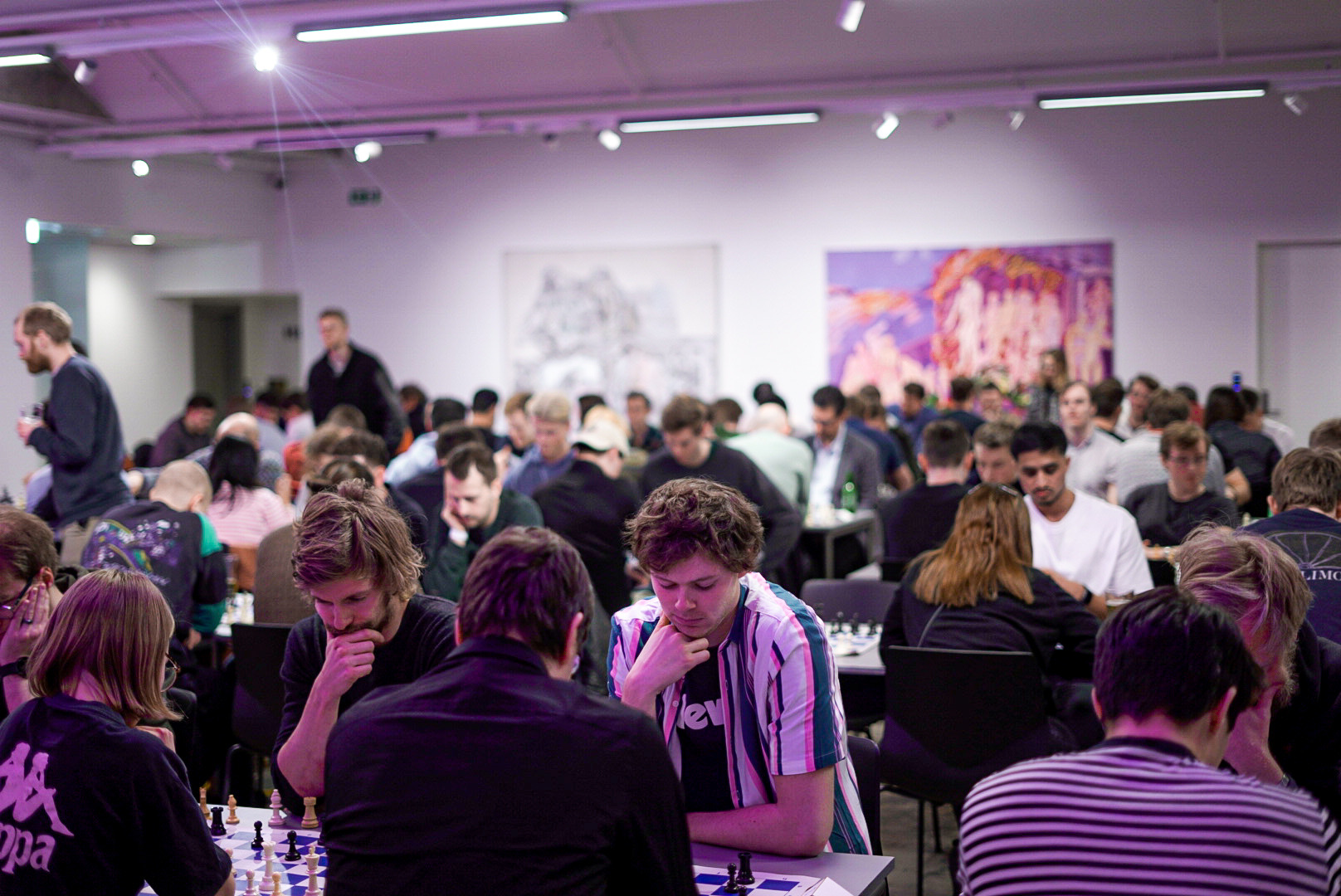-
If you make an illegal move, your opponent gets 1 extra minute
-
Two illegal moves in the same game = loss
-
If you move a piece, press the clock, but haven’t released the piece, it’s a rule violation. Stop the clock and call the arbiter
-
If a player accidentally knocks over pieces, they must reset them on their own time
-
If a player resigns, they must signal clearly – not just leave the table
-
If a player sits at the wrong table and starts the wrong game, the arbiter must be called. Exceptions can be made
-
If a player has won but delays the next round from starting, they may receive a warning
-
If the venue is full, spectators must make room for players
-
Players who behave very negatively after a loss may be denied participation in the next tournament
-
No one may refuse to play a specific opponent without valid reason
-
If a player knocks pieces off the board after a loss, they may be fined to the tournament fund
-
Spectators may watch, but must not disturb the game
-
Arbiters have the final word in all disputes. No discussion after the decision
-
If the clock is incorrectly set, the arbiter must correct it immediately
-
If a player does not show up within 5 minutes of the round starting, they lose the game
-
If a player must leave the tournament before it finishes, they must inform the tournament organizers
-
In rare situations not covered by the rules, the head arbiter will decide based on fair play principles
-
If a player damages the board, pieces, or clock, they must replace the equipment
-
No swearing or loud talking at the board
-
The clock starts automatically 1 minute after the scheduled round start if the opponent is not at the table
